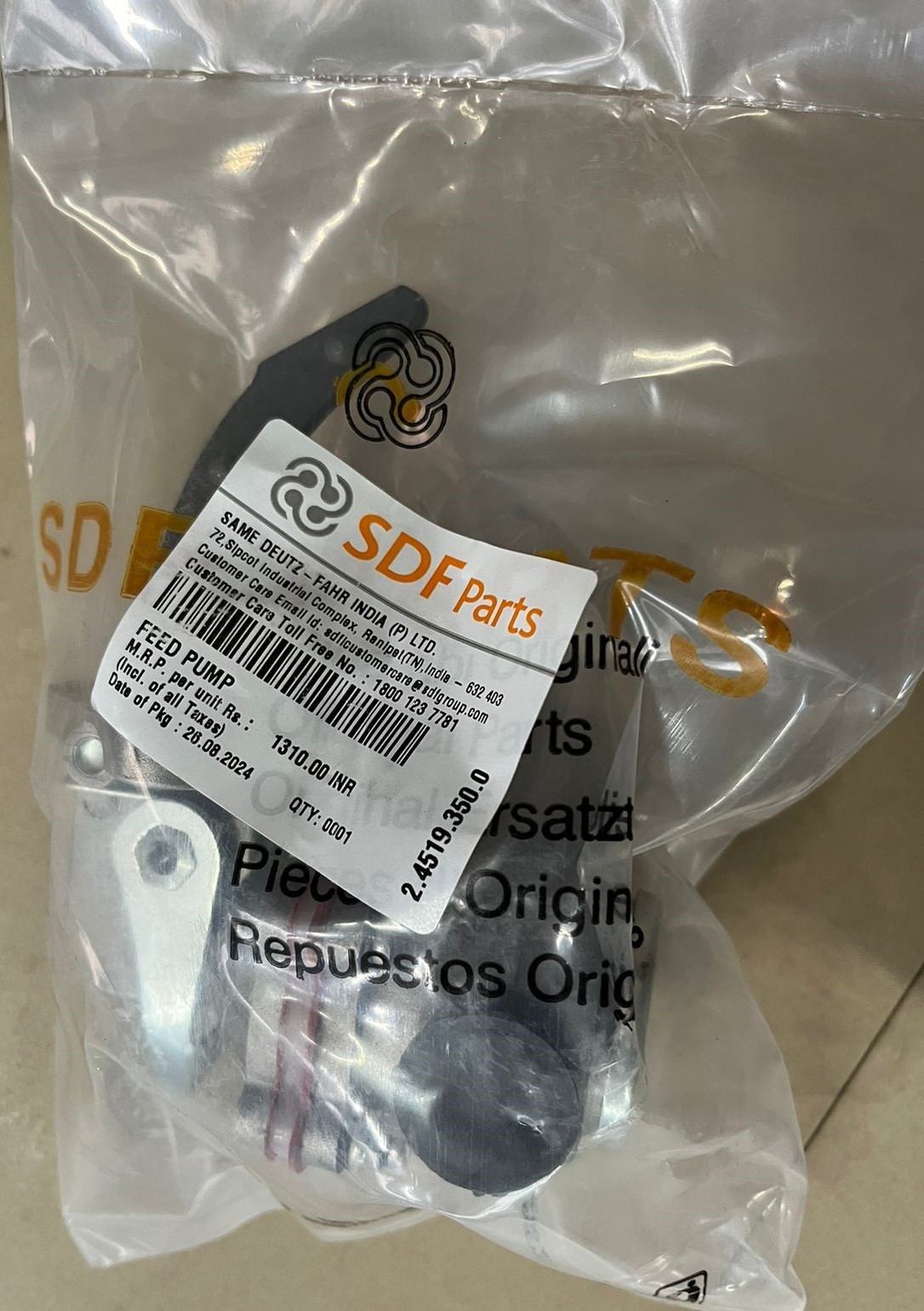In the bustling city of Mumbai, Dr. Meera Sharma starts her day early. As a senior gastroenterologist at a renowned hospital, she is committed to providing the best care for her patients. However, like many of her colleagues across India, Dr. Meera faces a persistent challenge in her practice ensuring consistent and precise nutritional delivery to patients who cannot consume food orally. This is where the advanced feed pump comes into play, transforming the way healthcare professionals like Dr. Meera deliver care.
The feed pump is a crucial tool in hospitals and healthcare facilities, designed to administer liquid food to patients who need it directly through a feeding tube. The device's precision and reliability are game-changers for doctors and patients alike, offering a solution to a problem that has long plagued the medical community inconsistent nutritional delivery.
Dr. Meera recalls a case from a few months ago—a young patient named Aarav, who was recovering from a severe gastrointestinal surgery. Aarav required enteral feeding but faced complications due to irregular manual feeding methods, which led to discomfort and nutritional imbalances. Seeing Aarav’s struggle, Dr. Meera decided to use an advanced feed pump, a decision she credits with significantly improving his recovery. The pump allowed for precise control over the flow rate, ensuring Aarav received the exact amount of nutrients he needed, tailored to his body's requirements.
The major problem that medical professionals like Dr. Meera encounter is not just a practical one but also an emotional one. The stress of knowing that manual feeding methods can lead to underfeeding or overfeeding, potentially causing harm to patients, weighs heavily on conscientious doctors and nurses. They bear the responsibility of ensuring their patients receive the right nutrition to aid recovery, and any deviation can lead to anxiety and concern over patient safety.
Enter the feed pump. It alleviates these concerns by offering a reliable, automated solution that reduces human error and provides peace of mind. The device is designed with user-friendly interfaces, allowing for easy programming of feeding schedules and volumes, which is especially beneficial in busy hospital settings where time and accuracy are of the essence.
Moreover, the feed pump is a testament to the blend of technology and healthcare, embodying a commitment to patient-centered care by accounting for individual nutritional needs. It empowers healthcare professionals by giving them the tools to deliver care more efficiently, improving patient outcomes and enhancing the overall patient experience.
Dr. Meera is not alone in her appreciation for this technology. Across India, in cities like Chennai and Delhi, similar stories unfold daily. Hospitals report a decrease in feeding-related complications and improved patient satisfaction scores. In a study conducted at a leading hospital in Bangalore, the introduction of feed pumps led to a 30% reduction in recovery time for patients requiring enteral feeding, underscoring the device's impact.
In conclusion, the feed pump is more than just a medical device; it is a partner in care, supporting healthcare professionals in their mission to provide the best possible outcomes for their patients. For Dr. Meera, knowing that she can rely on a feed pump to deliver consistent and accurate nutrition brings a sense of relief and confidence in her practice. It allows her to focus on what truly matters—helping her patients recover and thrive.
As India continues to advance in medical technology, the feed pump stands out as a vital innovation, addressing the distinct challenges faced by healthcare professionals and enhancing the quality of care delivered across the nation. For doctors, nurses, and patients alike, it represents a step forward in the journey toward better health and wellbeing.
Visit Vyaparify Site:
https://id.vyaparify.com/meditechdevices 
